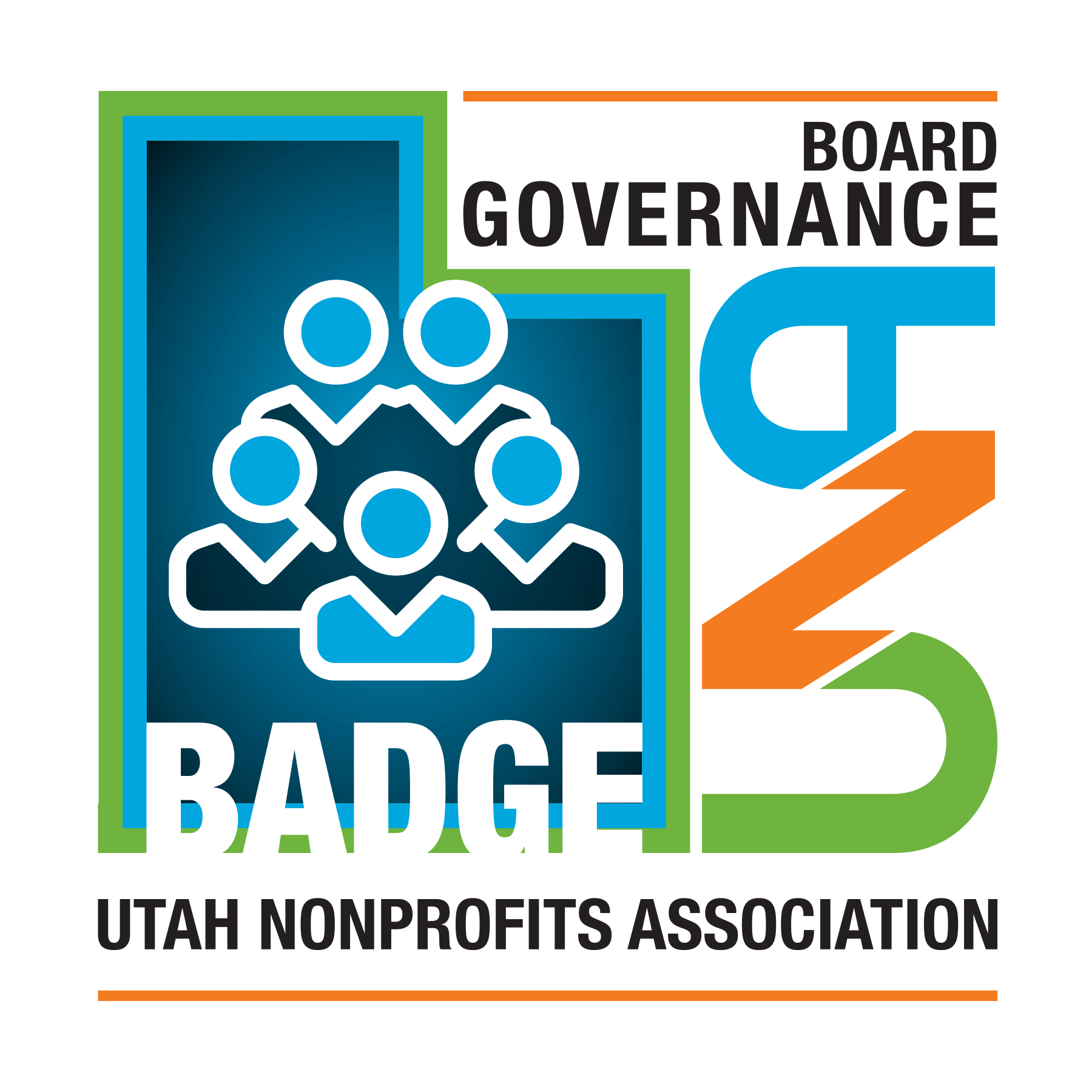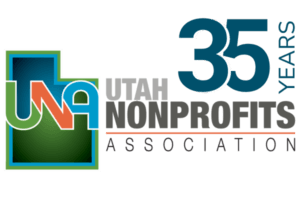
Unlock the Secret Sauce to a High-Impact Board
Being on a board isn’t just about showing up to meetings and nodding along. You know it's about making real moves: shaping policies, refining bylaws, and steering strategies that bring your mission to life. But when your board feels out of sync or unsure of its next steps, progress stalls, and opportunities slip through the cracks. So, here’s the big question: is your board ready to lead with purpose and vision?
The Nonprofit Credential in Board Governance is here to help you turn a good board into a great one. Imagine a boardroom where every member is engaged, aligned, and ready to tackle challenges head-on. This program will help you unlock the tools to craft meaningful policies, refine bylaws that actually work, and build a powerhouse team that operates with clarity, trust, and accountability.
What’s in it for you?
- A board that’s not just present, but active and impactful
- Clear, engaging training to make every member a pro at their role
- Strategies to amplify public trust and elevate your mission’s visibility
- Transparent fiscal oversight that’s responsible, prudent, and forward-thinking
- A rock-solid partnership between the board and your Executive Director/CEO
Think of it as your board’s secret weapon—a chance to turn ‘good enough’ into exceptional. Because your mission deserves a leadership team that’s bold, strategic, and ready to lead with heart. Ready to build the board of your dreams?
Upon completion, your organization will earn the Nonprofit Credential Board Governance Badge, a mark of excellence to share with your network and show the world you’re serious about making an impact.
Board Governance will be held on June 3 and 4, 2025.*
Each of the nine Nonprofit Credential courses is offered online, once in a calendar year. Please check the UNA Event Calendar for all upcoming courses.
While it's more beneficial to attend the live courses, we record the sessions so you can watch them on your schedule.
Cost:
UNA Member Rate: $180 for the first person/$40 for each additional participant
Not-Yet-Member Rate: $360 for the first person/$80 for each additional participant
*Dates are subject to change up to 30 days prior to the first session.
Board Governance Badge Requirements
In order to receive the Nonprofit Credential Board Governance Badge, the organization must submit the following items for review:
Please follow specific guidelines in the participant folder, as they are always going to be the most current.
Board Orientation
Board Orientation document, packet, video or checklist of items given to new board members at the commencement of their service term.
Board Handbook
Table of Contents or checklist showing documents included in Board Handbook (or similar compilation of organizational documentation) including revision or version date.
Board Assessment
Template of board assessment tool used by the organization. Include a document noting how often the tool is administered to assess board performance and how results have been used to impact board effectiveness.
Board Training
Proof of ongoing board training; for example, a board training calendar, sample of recent board training, document outlining how board trainings occur in the organization or similar proof.
Organization Bylaws and Review
Copy of organization’s bylaws, including voting procedures, number of board members, terms of office, removal from office, how bylaws are revised, and description of officers and their duties. Document describing most recent review of bylaws, including who was involved in the review and when it occurred.
Policies and Procedures and Review
Policies and Procedures manual, including code of conduct, whistleblower policy, unbaised/impartiality policy, document retention and destruction policy, and conflict of interest policy. Also include date of most recent review of policies and procedures and who was involved in its review.
Planning/Goals
Document that the board has established concrete long- and short-term organizational goals and methods of assessing progress towards those goals. Examples of this may include a strategic plan, a list of organizational priorities, a matrix citing goals and deliverables, a performance dashboard or similar proof. Risk Management Plan—Document outlining how the board protects the organization from fraud, abuse and/or negligence. This may include reference to separation of duties, conflict of interest policy, check-signing policies, work of Executive Committee as oversight body or similar proof.
Reporting
Example of the organization’s programs- and activities-reporting tool, such as an annual report, including its revision or version date.
Fundraising Role
Document the board’s collective and individual fundraising role and how additional responsibilities are designated to staff (as applicable).
Financial Reports Verification
Document how the board independently verifies the accuracy of the financial reports it receives and ensures its financial mandates are carried out. Examples of this may include description of work by financial oversight committee or individual(s) appointed by the board, organizational audit, or similar proof.
Filings
Provide a checklist or calendar used by board to ensure the timely review and approval of state and federal filings prior to their submission.
Minutes
Sample of board minutes showing an emphasis on policymaking rather than administrative decision making by the board.
CEO Performance and Compensation
Template organization uses to evaluate the performance of the CEO/Executive Director, (as applicable) including revision or version date. Document that outlines the process by which the compensation rate of the CEO/Executive Director is evaluated, including whether compensation is aligned with performance targets, and how often evaluation occurs.
NOTE: The documentation on the requirements requesting explanation need not be lengthy. Clear, concise statements on how the organization meets the requirement listed are sufficient. In most cases, three or four sentences should suffice.

Subject Matter Expert: Chris Conard
Chris is committed to meaningful outcomes for students through education. He is the Director of the Full-Time MBA program of the David Eccles School of Business at the University of Utah. He is driven by the vision of contributing to an inclusive and ethical future of business leadership. Before joining the David Eccles School of Business, Chris founded Playworks Utah, a social impact organization leveraging the power of play to drive student growth and academic outcomes. His ability to think strategically, empower his team, and deliver strong outcomes resulted in a period of high growth (20X market growth and 6X total revenue growth). He was recognized for his achievements with EY’s Social Entrepreneur of the Year award in 2019. Chris volunteers in his community by serving on the Board of Directors for the Community Foundation of Utah, where he is currently the Chair of the Philanthropy Committee. Chris received his undergraduate degree in Philosophy & Religion From Truman State University, a Master’s degree in Asian and Comparative Studies from the California Institute of Integral Studies, and is an alumnus of the University of Utah’s Executive MBA program. Chris loves live music, the outdoors, running, snowboarding & skiing, and can be found exploring the Wasatch Front with his wife and two children.
